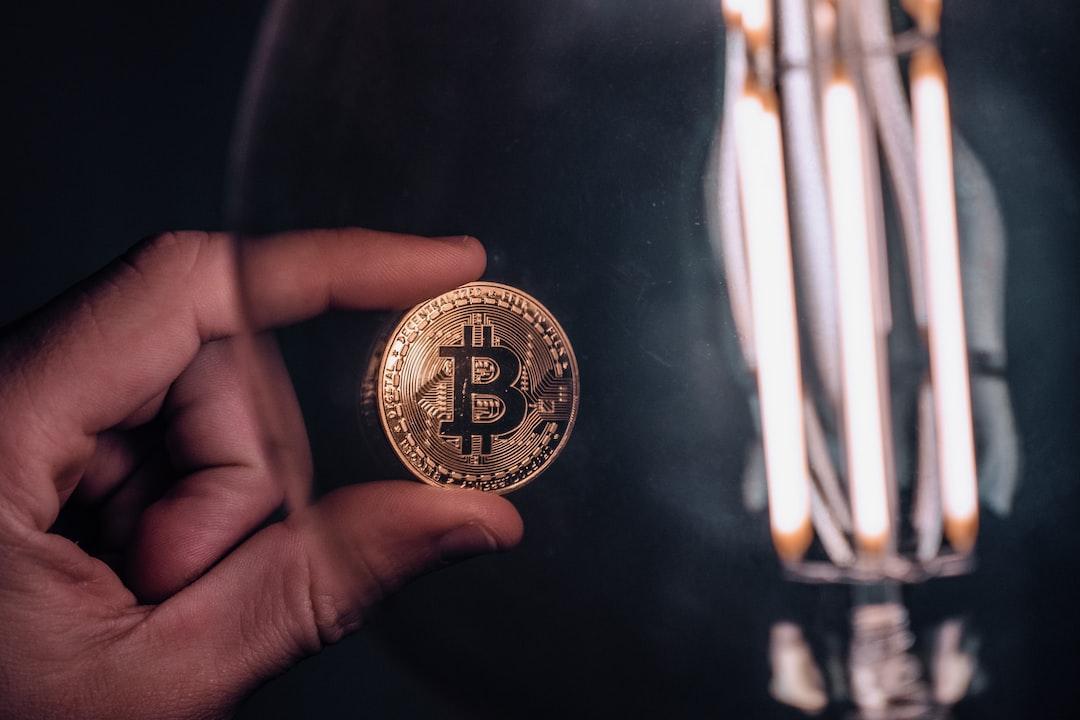Fiat money and cryptocurrencies serve similar purposes, but both have their detractors who argue that they are unethical to use.
Critics of Bitcoin (
BTC
) often point to its environmental impact due to the high energy costs associated with mining, as well as its potential use in criminal activities, lack of regulation, and user protections. On the other hand, opponents of fiat money claim that it is unethical as it lacks the backing of a physical commodity like gold, allowing central banks to print unlimited amounts, leading to detrimental social consequences.
Charles Adams from the UK-based hedge fund manager Nickel Digital Asset Management believes that both currencies have ethical considerations, but Bitcoin is ethically stronger due to its transparency, immutability, and inclusivity. He highlights that fiat currency is commonly used in money laundering and illegal activities, with cybercrime resulting in significant financial losses through the traditional finance system.
Despite the pseudonymous nature of Bitcoin transactions, Adams argues that they are not entirely anonymous, allowing law enforcement and online investigators to track funds stolen by criminals. An incident in which an investor lost $71 million worth of Wrapped Bitcoin (WBTC) to a scam highlights the potential for tracking and recovering stolen funds in the cryptocurrency space.
While fiat money has faced criticism for causing economic inequality through hyperinflation, advocates of Bitcoin point to its limited supply of only 21 million as a more stable alternative. Adams suggests that rather than eliminating either currency, a balanced approach that allows for the coexistence of both may be a more reasonable solution.
Matteo Greco, a research analyst at digital asset firm Fineqia, emphasizes that the ethical use of a currency depends on the individuals behind it. Bitcoin miners sourcing renewable energy for mining operations to mitigate environmental concerns exemplify this concept. Greco notes that while Bitcoin mining consumes significant electricity, the network’s commitment to using renewable energy has been on the rise.
Caroline Bowler, CEO of Australian crypto exchange BTC Markets, believes that currencies themselves are neutral technologies and that their ethical standing depends on the individuals and institutions utilizing them. She highlights that both Bitcoin and fiat currencies have the potential for ethical or unethical use, depending on the actors involved.
Sergey Sheleg, chief product officer of the Web3 social platform Nicegram, argues that the ethics of a currency are determined by the measures and safeguards implemented by the platforms and institutions managing it. He emphasizes the need for policies and practices that minimize harm and maximize societal benefits, regardless of the type of currency being used.
In conclusion, the debate over the ethics of fiat money and cryptocurrencies is complex and subjective. The focus should be on fostering a culture of transparency, accountability, and responsibility within the financial system to create a more equitable and efficient financial ecosystem that benefits all.

